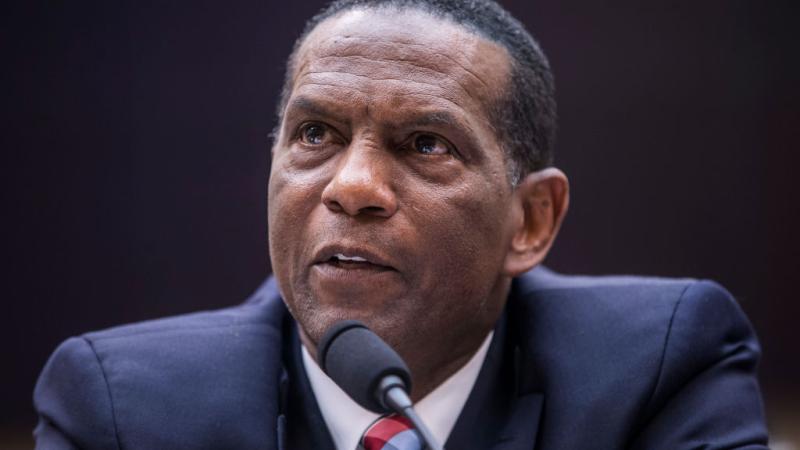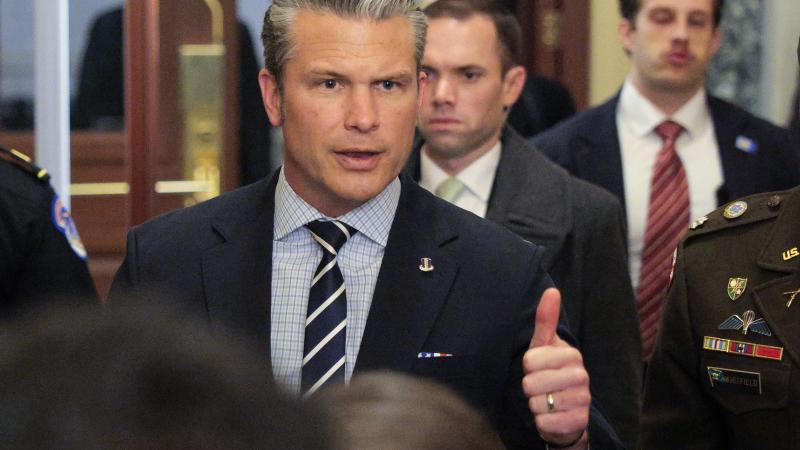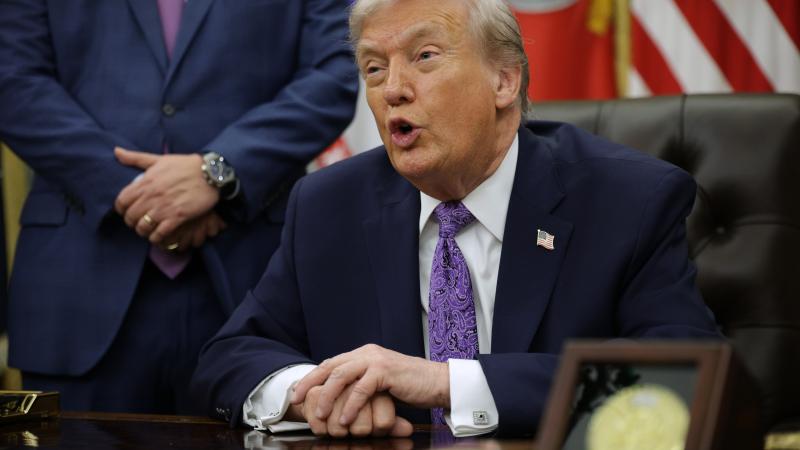Special legislative session starts Tuesday in Ohio to resolve November ballot access issue for Biden
Should legislative efforts fail, Gov. Mike DeWine said the issue would likely go to the courts, a step he said he would rather avoid.
Ohio lawmakers will return to Columbus on Tuesday, attempting to pass legislation securing President Joe Biden’s name on the November ballot.
Gov. Mike DeWine called for a special session late Thursday. In a brief press conference, the Republican governor was perturbed, saying it was “ridiculous” that legislation hadn’t passed earlier.
Last month, Secretary of State Frank LaRose said state law and the timing of the Democratic National Convention were at odds. Ohio's deadline to certify candidate names is Aug. 7; the convention is Aug. 19-22 in Chicago.
Biden clinched enough pledged delegates for the Democratic nomination in early March.
DeWine noted that lawmakers in previous years made exceptions for both parties to accommodate when their conventions start after the state’s deadline. Time, though, is running out for the Legislature to approve a remedy, either permanent or temporary.
Should legislative efforts fail, the governor said the issue would likely go to the courts, a step he said he would rather avoid.
“I’ve waited. I’ve been patient, and my patience has run out,” he told reporters. “And I think the patience of the people of the state of Ohio, their patience should have run out by now as well.”
Legislative leaders from both chambers have expressed a willingness to pass legislation curing the issue. However, in a statement issued after DeWine called the special session, Speaker of the House Jason Stephens, R-Kitts Hill, said the “will” to pass it wasn’t in enough GOP lawmakers.
The Biden issue won’t be the only matter up for discussion during the special session. DeWine also wants lawmakers to pass legislation that would bar foreign interests from contributing to political campaigns for ballot measures. Ohio senators included such language in their bill that would also ensure the president appears on the ballot.
Stephens said there’s agreement on keeping foreign money from influencing voters.
“We have language that has input from campaign finance experts and important interested parties to deal with the issue,” he said. “This is language that squarely and directly bans foreign influence in Ohio’s issue campaigns while not also inadvertently limiting the rights of citizens to have their voices heard.”
While Democrats support ensuring their presidential candidate appears on the ballot, they have balked at the Senate Republican plan. The state party said on social media site X that after DeWine’s announcement, its lawmakers in Columbus have a proposal for true campaign finance reform.
“Corrupt GOP politicians have prevented Ohioans from choosing who they want to be president and used this process to launch witch hunts aimed at limiting Ohioans’ ability to hold their government accountable,” the statement read. “Instead of political games, we must pass the Ohio Anti-Corruption Act, which would require dark money groups to identify their funders, disclose their spending and strengthen the ban on foreign money.”















